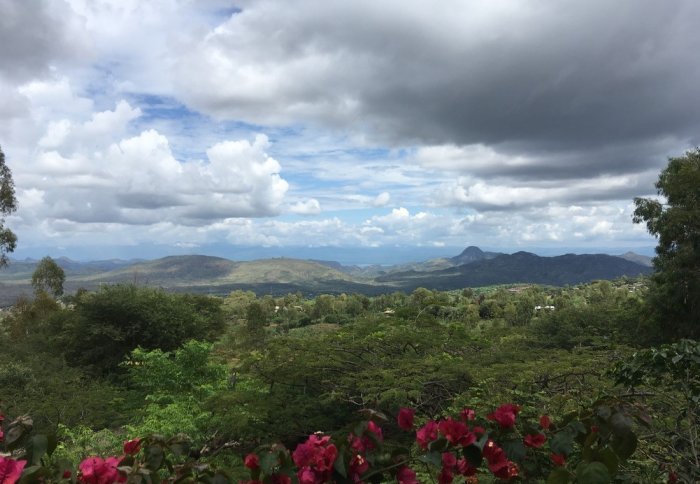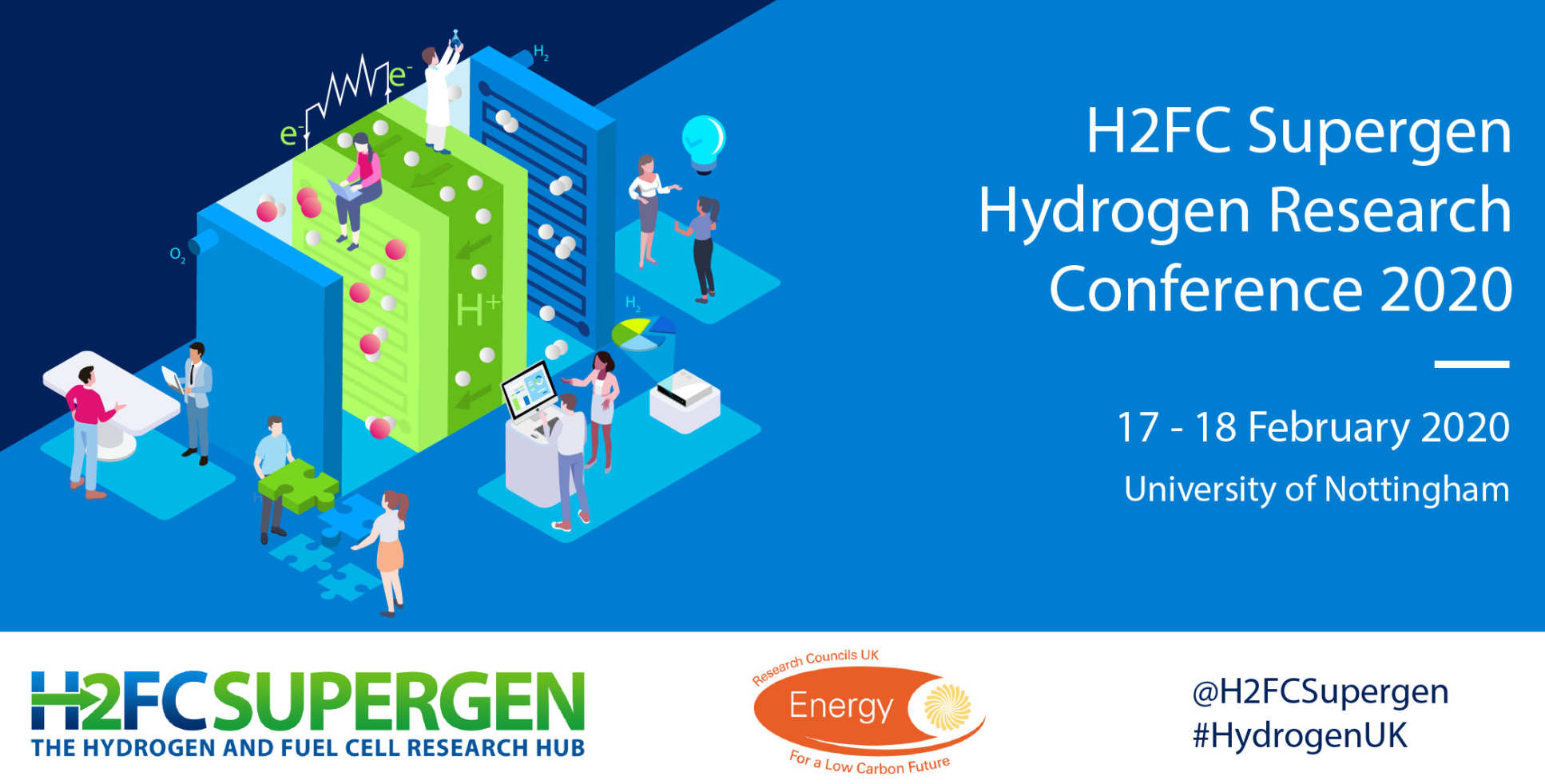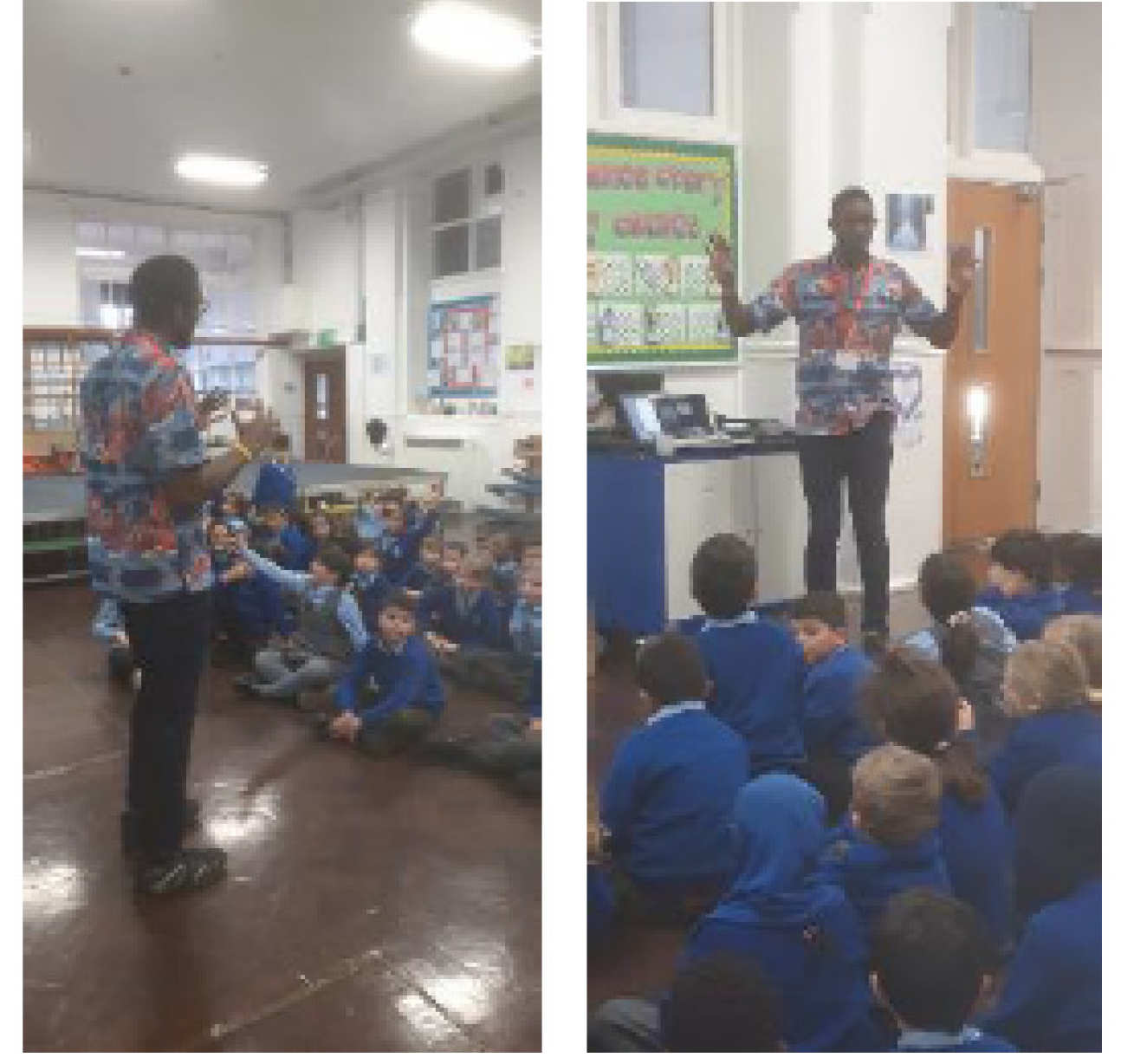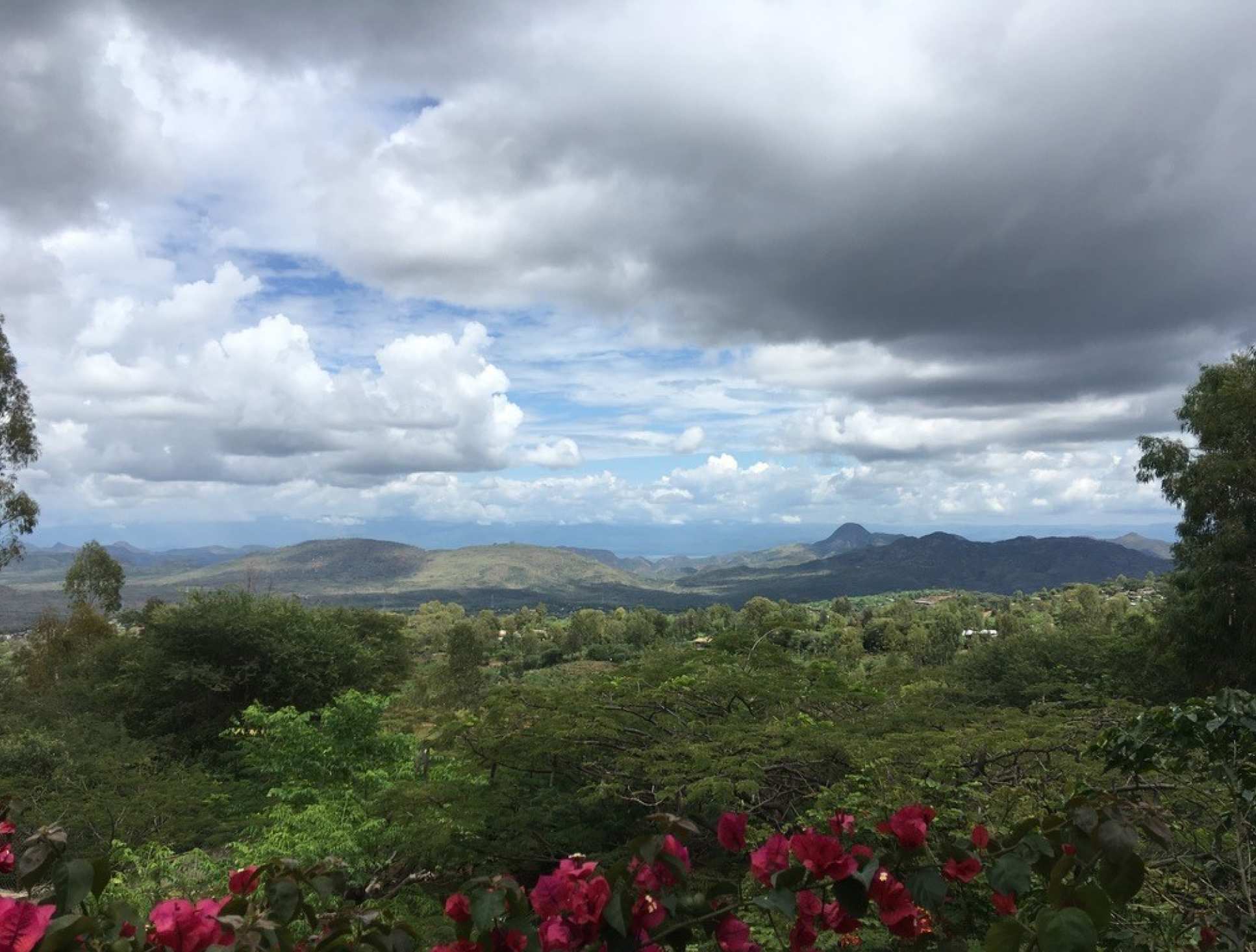ESE December Newsletter

Ethiopian landscape captured by ESE PhD students while doing field work
An overview of the recent publications, events and exciting work that's been happening in the Department of Earth Science and Engineering.
Contents
Publications
Conferences, Talks, Lectures, Seminars
Workshops
Media and Impact
Research Activity
Outreach
Fieldtrips
Publications
Bernardino, M.V., Jones, C.H., Levandowski, W., Bastow, I., Owens, T.J., and Gilbert, H., 2019, A multicomponent Isabella anomaly: Resolving the physical state of the Sierra Nevada upper mantle from Vp/Vs anisotropy tomography: Geosphere, 15(6), 2018–2042, DOI: 10.1130/GES02093.1
Bhutani G. & Brito-Parada, P.R. (2020). A framework for polydisperse pulp phase modelling in flotation. Separation and Purification Technology DOI: 10.1016/j.seppur.2019.116252
Bie, L., Rietbrock, A., Hicks, S., Allen, R., Blundy, J., Clouard, V., Collier, J., Davidson, J., Garth, T., Goes, S. ,Harmon, N., Henstock, T., van Hunen, J., Kendall, M., Krüger, F, Lynch, L., Macpherson, C., Robertson, R., Rychert, C., Tait, S., Wilkinson, J., and M. Wilson 2019. Along-Arc Heterogeneity in Local Seismicity across the Lesser Antilles Subduction Zone from a Dense Ocean-Bottom Seismometer Network. Seismological Research Letters. DOI: 10.1785/0220190147
Dean, C.D., Allison, P.A, Hampson, G.J., & Hill, J. (2019). Aragonite bias exhibits systematic spatial variation in the late Cretaceous Western Interior Seaway, North America. Paleobiology, 45, 571-597. DOI: 10.1017/pab.2019.33
Paulatto, M., Moorkamp, M., Hautmann, S., Hooft, E., Morgan, J. V., & Sparks, R. S. J. (2019). Vertically extensive magma reservoir revealed from joint inversion and quantitative interpretation of seismic and gravity data. J. Geophys. Res., DOI: 10.1029/2019JB018476.
Stickle, A. M., Bruck Syal, M., Cheng, A. F., Collins, G. S., Davison, T. M., Gisler, G. R., Güldemeister, N., Heberling, T., Luther, R., Michel, P., Miller, P., Owen, J. M., Rainey, E. S. G., Rivkin, A. S., Rosch, T., & Wünnemann, K.. (2020). Benchmarking impact hydrocodes in the strength regime: Implications for modeling deflection by a kinetic impactor. Icarus, 338, 113446. DOI: 10.1016/j.icarus.2019.113446
Conferences, Talks, Lectures, Seminars
Ian Bastow gave a research seminar at the University of Leeds. His talk was entitled “The development of rifting and hotspot tectonism in Ethiopia: some new broadband seismological constraints on crust and upper mantle seismic structure”.
Chris Jackson gave a talk entitled, “Responsible Metrics and Other Animals” to researchers based at Imperial College’s Silwood Campus (November 27th). In this talk Chris discussed how metrics such as Journal Impact Factor (JIF) and H-Index are poorly understood in terms of what they mean, and how they are routinely misused and abused when assessing both researcher outputs and researchers. Chris’ talk is available here on FigShare. Further information on Imperial College’s responsible metrics policy and related signing of DORA (San Francisco Declaration of Research Assessment) are available here, here, and here.
The Advanced Mineral Processing Research Group (AMPRG) attended the 9th International Flotation Conference (Flotation '19) was held between the 11th-14th November this year, in Cape Town, South Africa. ESE researchers had three oral presentations and one poster. Presentations from Diego Mesa, Pablo Brito-Parada and Stephen Neethling were well received with lots of follow-up questions during coffee breaks.
H2FC SUPERGEN 2020 UK RESEARCH conference
Dr Nigel Brandon, Dr Marina Lomberg and Zara Qadir are hosting the H2FC SUPERGEN 2020 Research Conference from 17th - 18th February 2020 at the University of Nottingham. Join them at the most significant annual gathering of international hydrogen and fuel cell researchers in the United Kingdom. Registration closes on 10th February 2020.
Hydrogen and Fuel Cells are gaining an increasing level of attention from both industry and governments in the UK and around the world. Speakers include representatives from BEIS, Scottish Cities Alliance, University of Nottingham, HSE, UK, Max Planck Institute for Intelligent Systems, Johnson Matthey and Sunfire. If you are interested, you can find out more on the conference website!

ESE Workshops
The Department of Earth Science and Engineering is running a series of workshops for wellbeing and development, on Building Personal Resilience, Use Your Strengths and Mindful Effectiveness. Upcoming Sessions are on 17th December (Achieving Balance in Academia and Mindful Effectiveness), and 10th March 2020 (Building Personal Resilience and Use your Strengths). Staff and PhD students in the department can find the registration links in their emails.
Felipe Huerta, a PhD student in the department, shares his experience of the Use Your Strengths workshop that took place in November. He recommended the workshop, and felt it could be useful not only personally but for supervisors to identify the strengths in their PhD/MSc students.
Felipe writes, "I attended the Build Your Strengths Workshop organised by the department, and it was a fantastic experience. The workshop was well organised, and delivered a counter-intuitive message about how "over-driving" our strengths can transform our strengths in weaknesses. The facilitators were experts in time management and professional education, and delivered an excellent workshop. I particularly like that the workshop was interactive, and we had the opportunity to speak about our strengths and identify strengths in other with people in the department that otherwise we wouldn't speak. Therefore, these are not only instances to learn but also to build community inside our Department."
Summer School on Marine Biogeochemistry
This will be the second time the course in Marine Biogeochemistry in Portugal is offered and based on the success of the first year we expect broad interest. The course will bring together diverse researchers that have made important contributions to the field of Biogeochemistry and are effective communicators to teach and interact with the students. The aim of this course is to provide PhD students and young researchers with an exceptional opportunity to gain a better understanding of marine biogeochemical cycles and large-scale distribution of elements and isotopes in the oceanic water column and the process that control this distribution. The course is limited to 25 participants. Find more information about the course and register here.
Media and Impact
Chris Jackson attended the Royal Institution to film a segment of this year’s Christmas Lecture. This year’s lecture, entitled ‘Secrets and Lies’, will be given by Dr Hannah Fry and will explore how maths governs every aspect of our world. The show will be broadcast on BBC4 at 20:00 on December 26th.
Professor Martin Blunt, elected this year as a Fellow of the Royal Academy of Engineering, recorded a short interview about his group's research with Victoria Murphy. Listen to the interview about fluid flow and petroleum engineering.
Research Activity
Following the 2019 International Flotation Conference in Cape Town, South Africa, Diego Mesa and Pablo Brito-Parada conducted research for 2 weeks at the iThemba Labs. Experiments consisted of using Positron Emission Particle Tracking (PEPT) for studying the effect of different impeller designs on the hydrodynamics within the flotation cell.
On 4-5th November, 35 members of the NERC "FAMOS" (From Arc Magmas to Ores) highlight project convened in Leicester for the 5th project review meeting. Attendees from NHM and ESE were PI Jamie Wilkinson, Co-Is Matt Jackson, Richard Herrington and Chiara Petrone, NERC postdocs Simon Large and Haiyang Hu, affiliated postdocs Matt Loader and Yannick Buret, ESE PhD student Catherine Booth and ESE/NHM PhD students Emily Brugge, Tom Matthews and Chetan Nathwani.
Updates of recent research activity were presented, together with a range of more detailed talks. Chiara presented evidence for magmatic recharge during effusive and explosive activity at Popocatepetl volcano, Simon summarised his most recent results of zircon geochemistry and geochronology from the Los Bronces district in Central Chile and Haiyang outlined the numerical modelling approach to be used for understanding the dynamics of magma(-fluid) migration.
From the PhD student cohort, Catherine discussed the controls on frequency and volume of caldera-forming eruptions, Emily and Chetan talked about their work on apatite as an archive of information on magma chemistry and Tom summarised his work on titanite from the Strontium igneous complex, Scotland. Together with talks from other members of the consortium on analytical methods, igneous and experimental petrology, these presentations illustrate the diversity of research being undertaken in this study of the evolution of arc magmas and how they can sometimes end up producing major copper deposits.
Outreach

Chris Jackson visited Derwentwater Primary School in Acton to talk to Year 3 pupils about volcanoes and the hazard they pose to the people living on their doorstep. At the request of his eldest daughter, he wore a special, volcano-themed shirt.
A Mining Settlement in the asteriod belT?

On Saturday, 7th December, RSM and Dr Randall Perry hosted a Galactic Challenge (Years 5 – 9) and the London Regional of the UK Space Design Competition (Years 10 – 13). 350 excited students from all around the capital were tasked with designing a futuristic mining base in the Asteroid Belt. The day concluded with presentations to a panel of expert judges, headed by Mitch Hunter-Scullion, CEO of the Asteroid Mining Corporation (AMC).
Dr Perry, a senior research investigator in the Department, has been running this engineering industry simulation competition for 11 years.
ESE FILMS
Thanks to all those who supported filming about ESE courses this year! You can view, like and share the short films via YouTube:
- Undergraduate Video
- Petroleum MSc Programmes Video
- Applied Computational Science and Engineering MSc Video
Fieldtrips
ESE PhD students Chris Ogden and Rita Kounoudis recently spent 3 weeks in Ethiopia, servicing 14 seismometers from the TRAILS seismic network in southern Ethiopia. The trip was successful with the majority of stations recording data continuously since the last field trip in early July. As you can see from the picture below, the weather was often picturesque except for the odd torrential downpour along the way!

Article text (excluding photos or graphics) © Imperial College London.
Photos and graphics subject to third party copyright used with permission or © Imperial College London.
Reporter
Miss Cristina Saceanu
Department of Earth Science & Engineering






